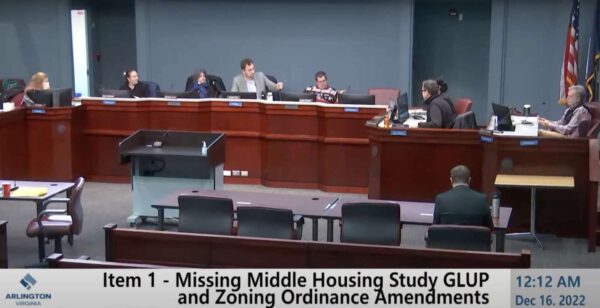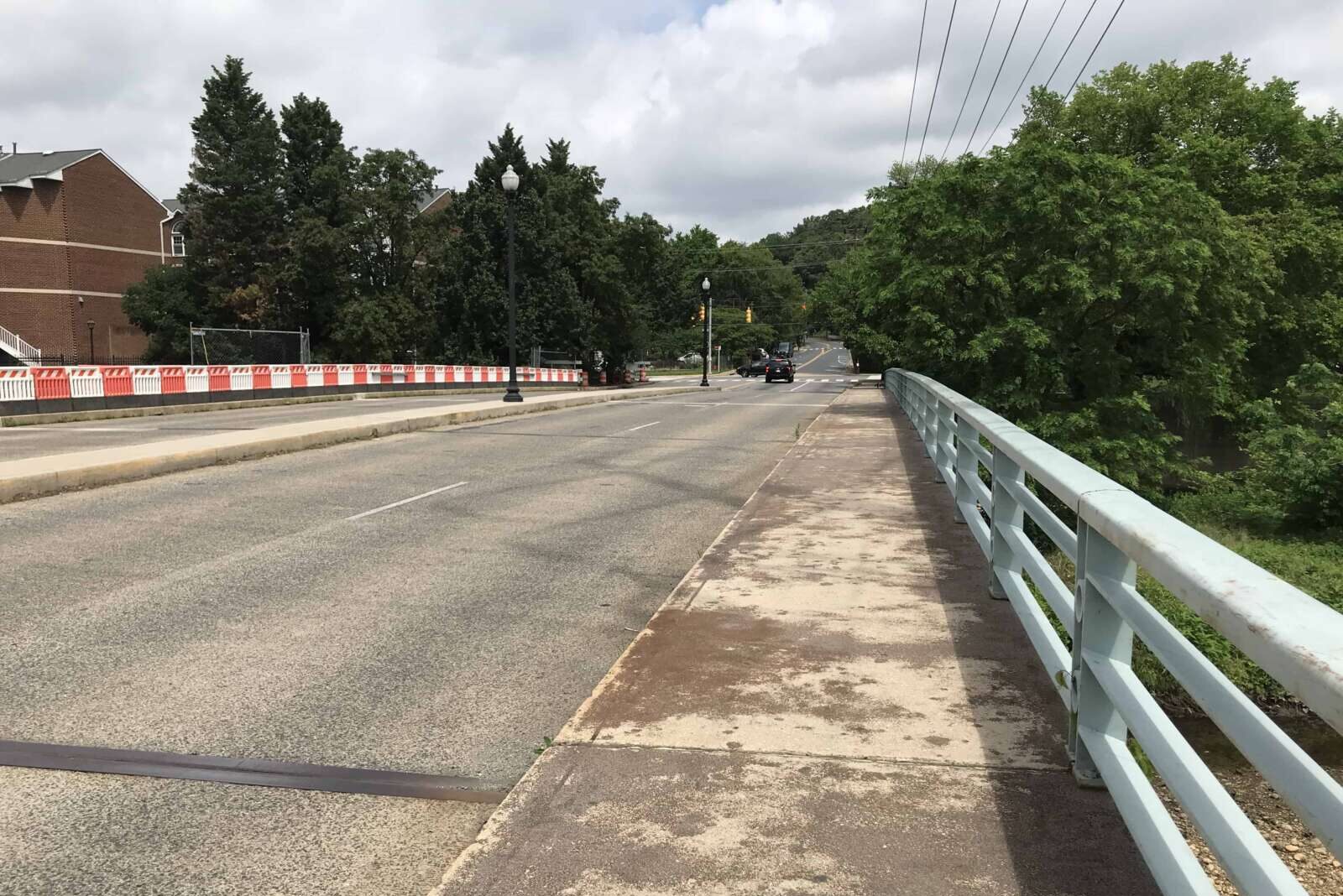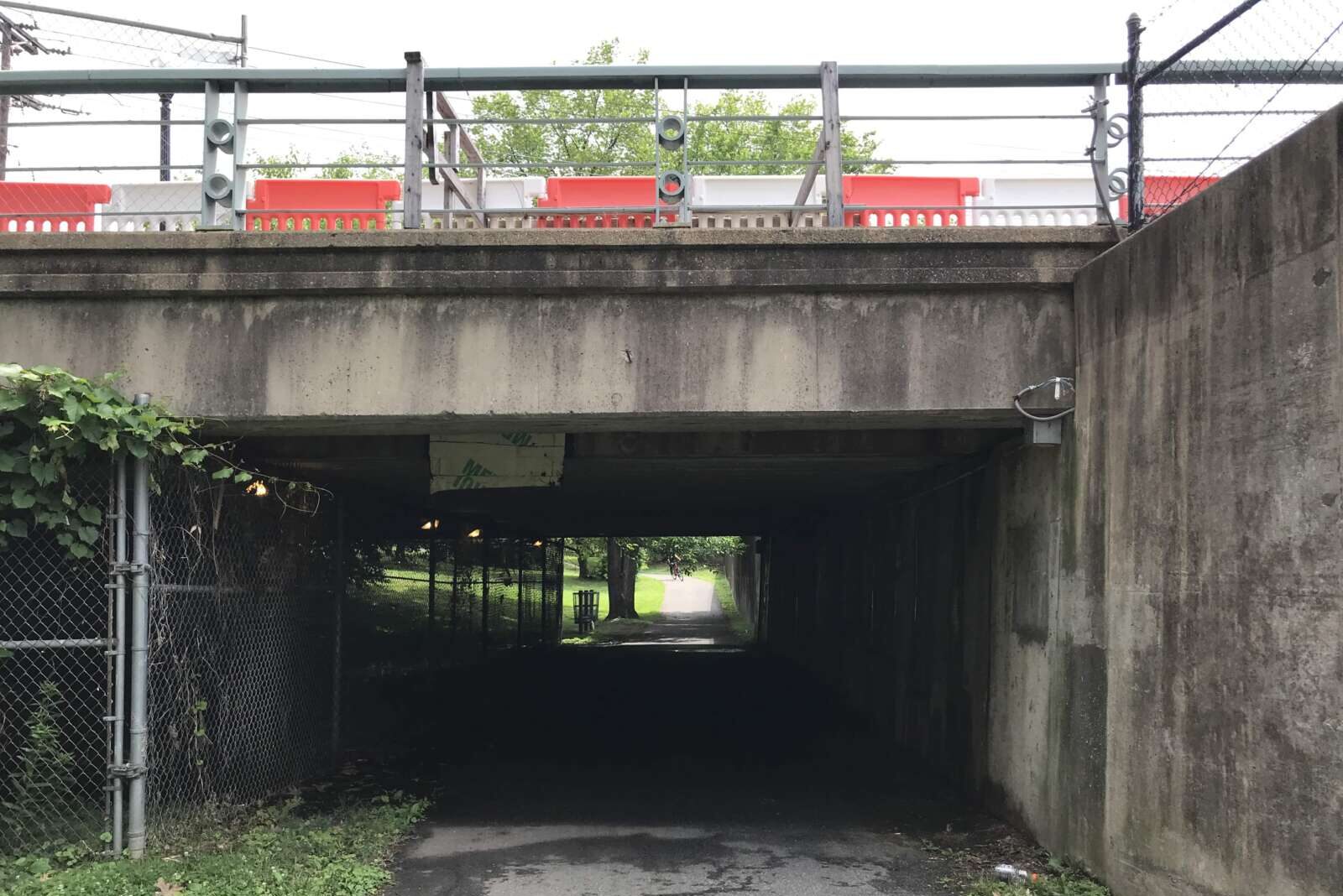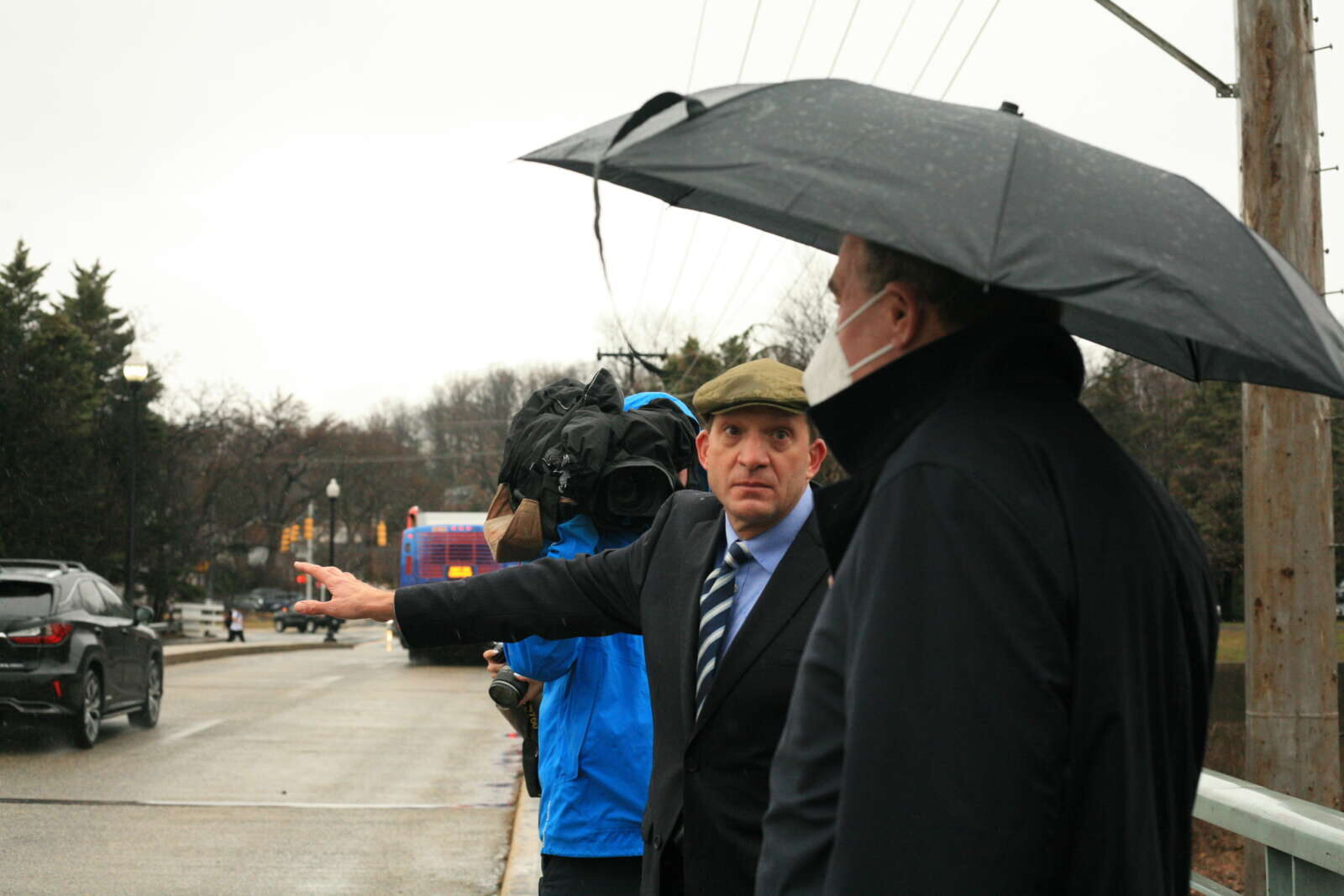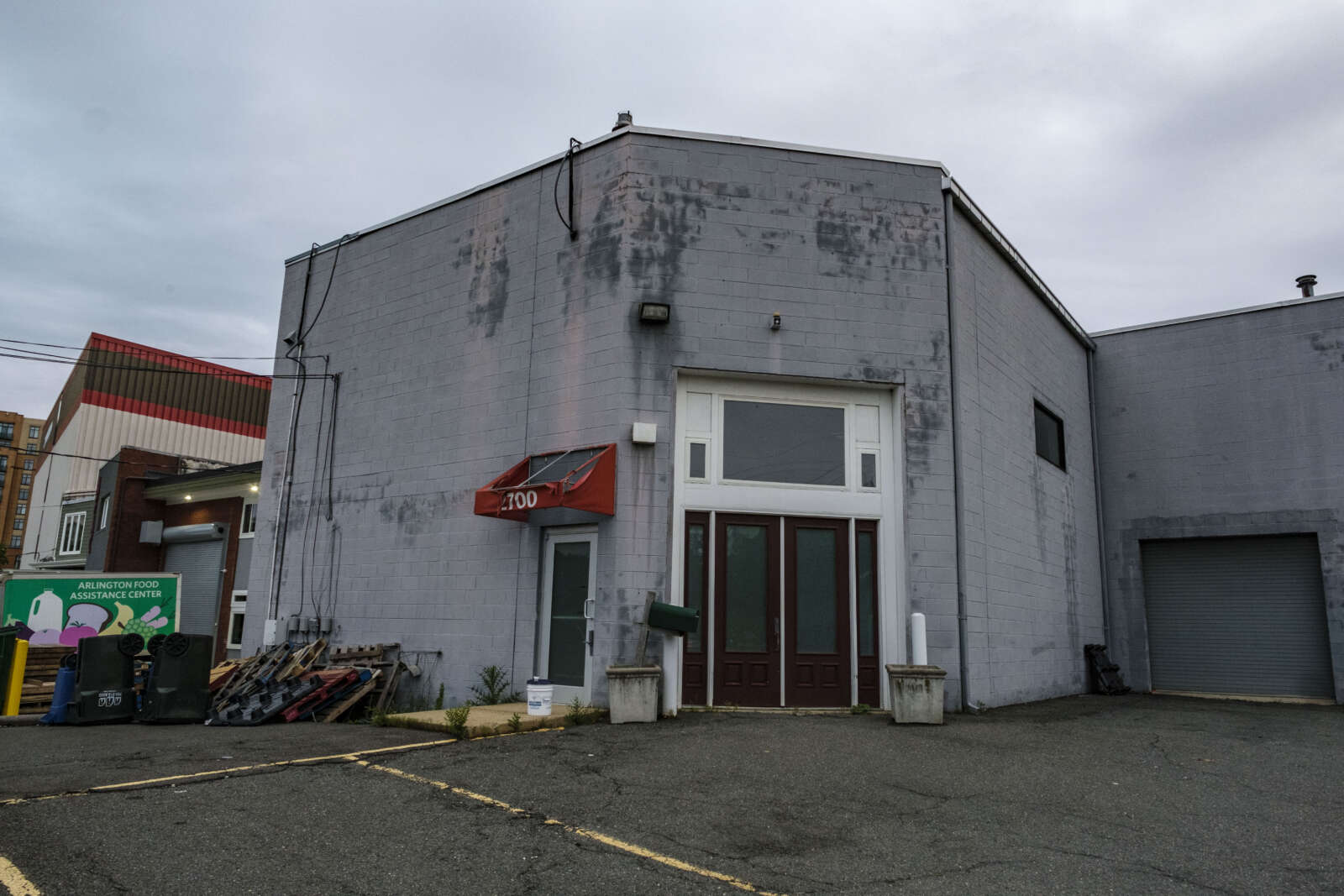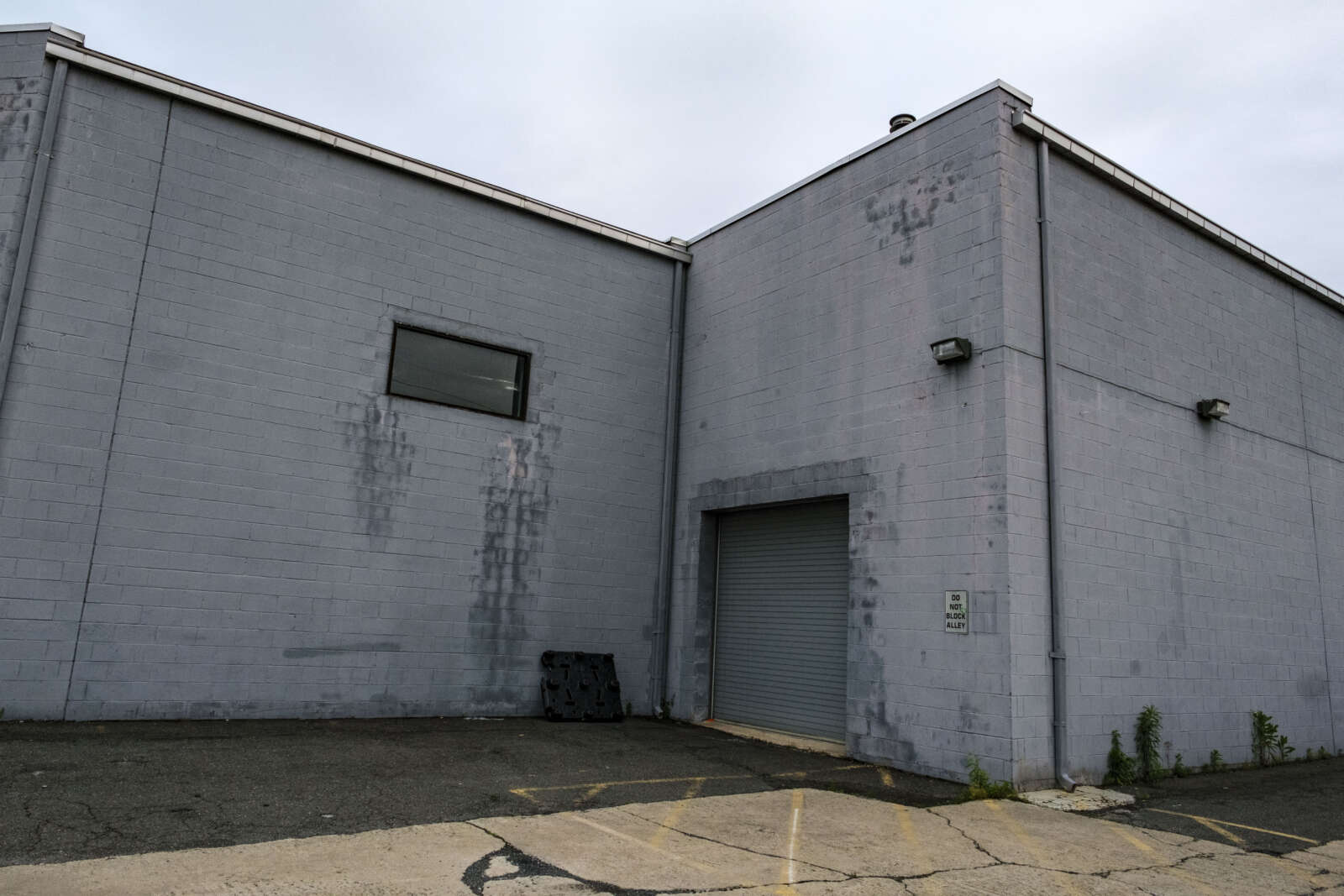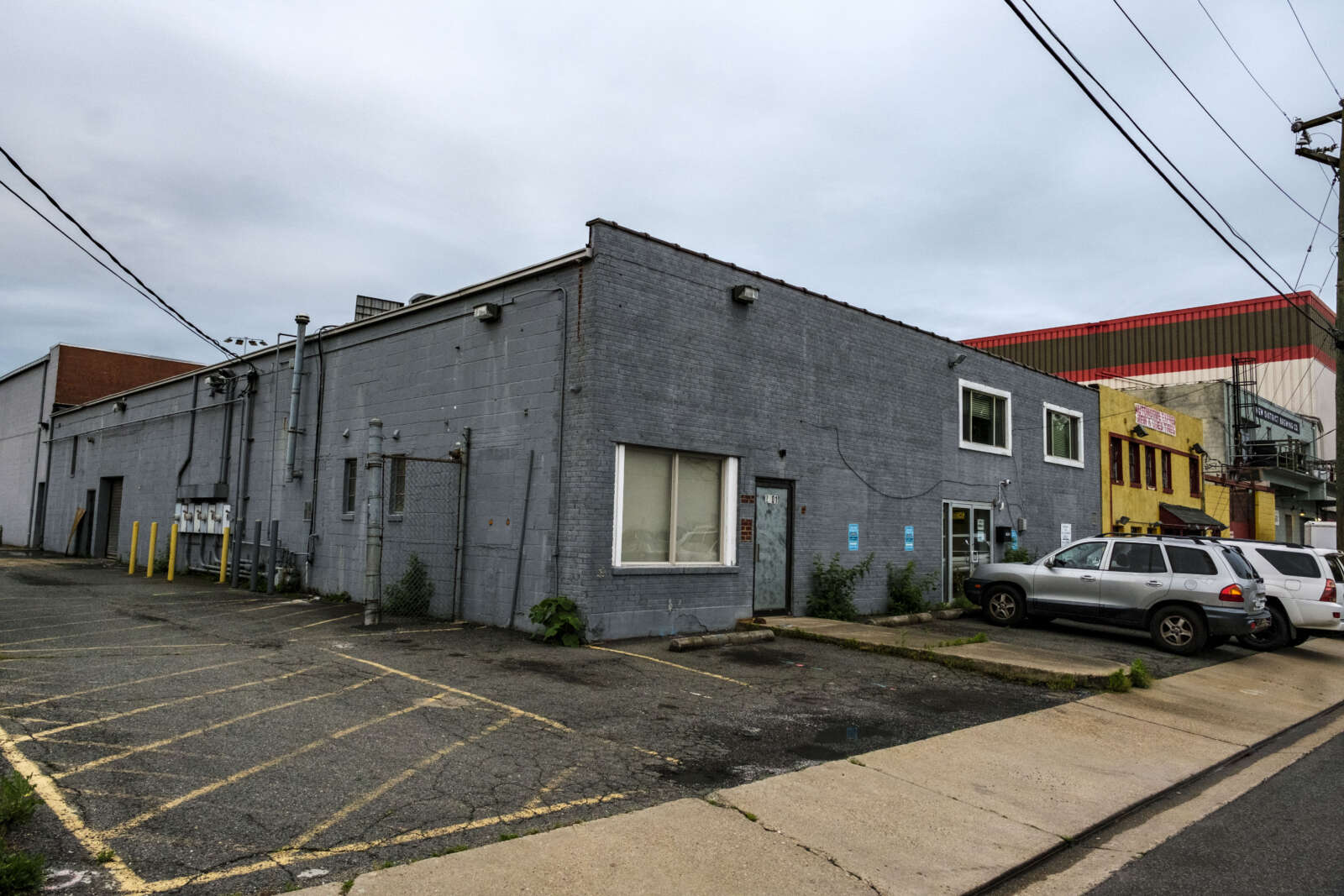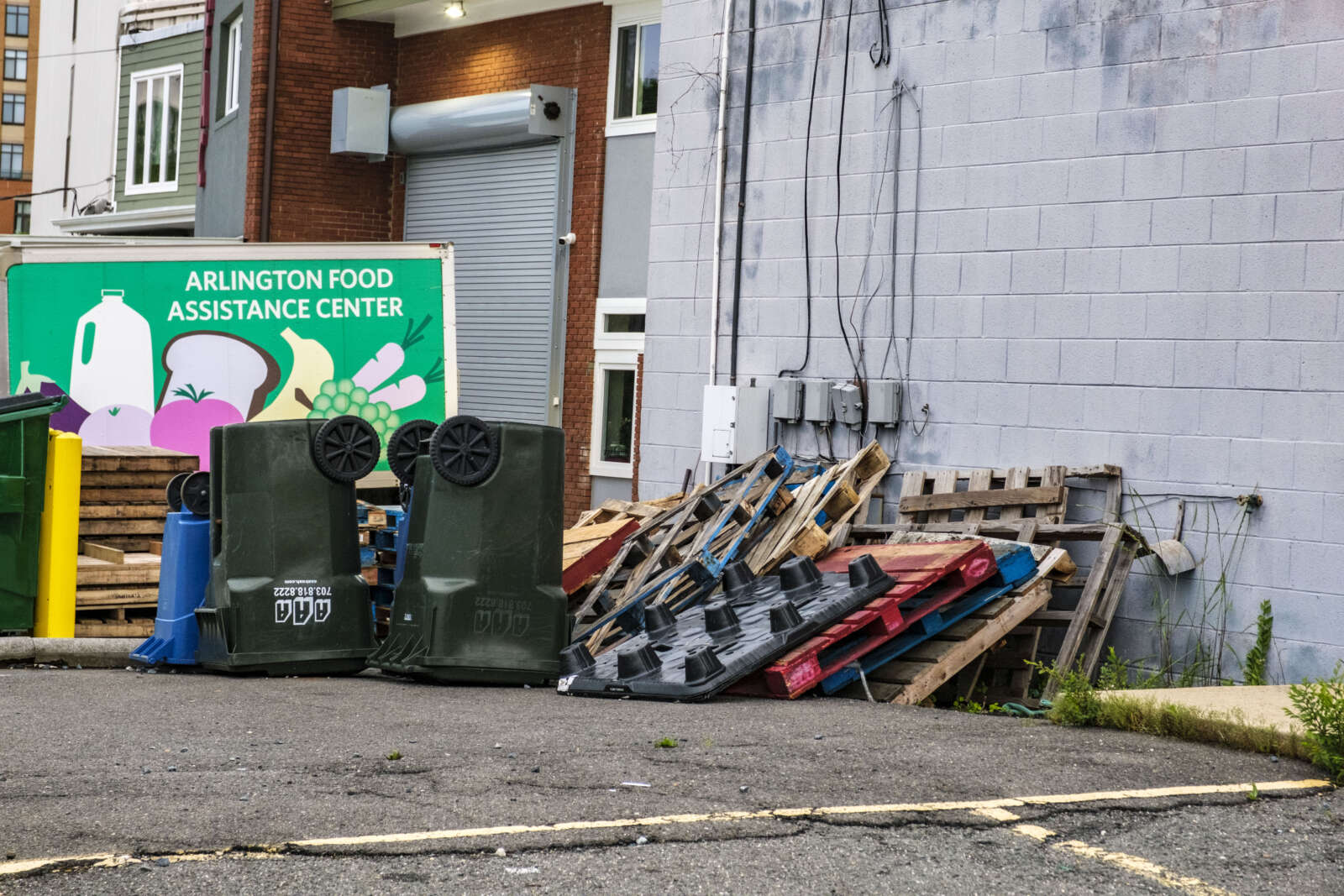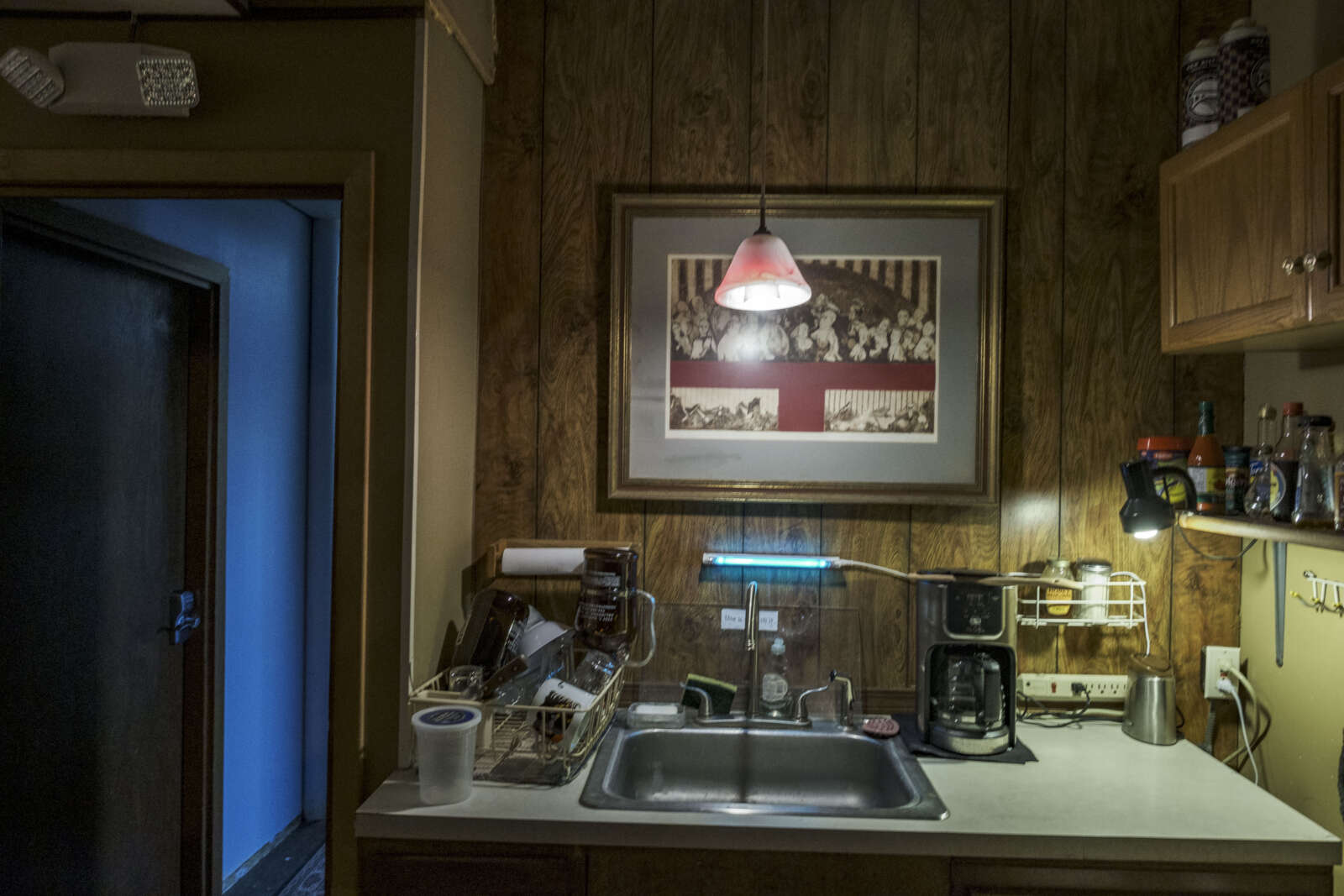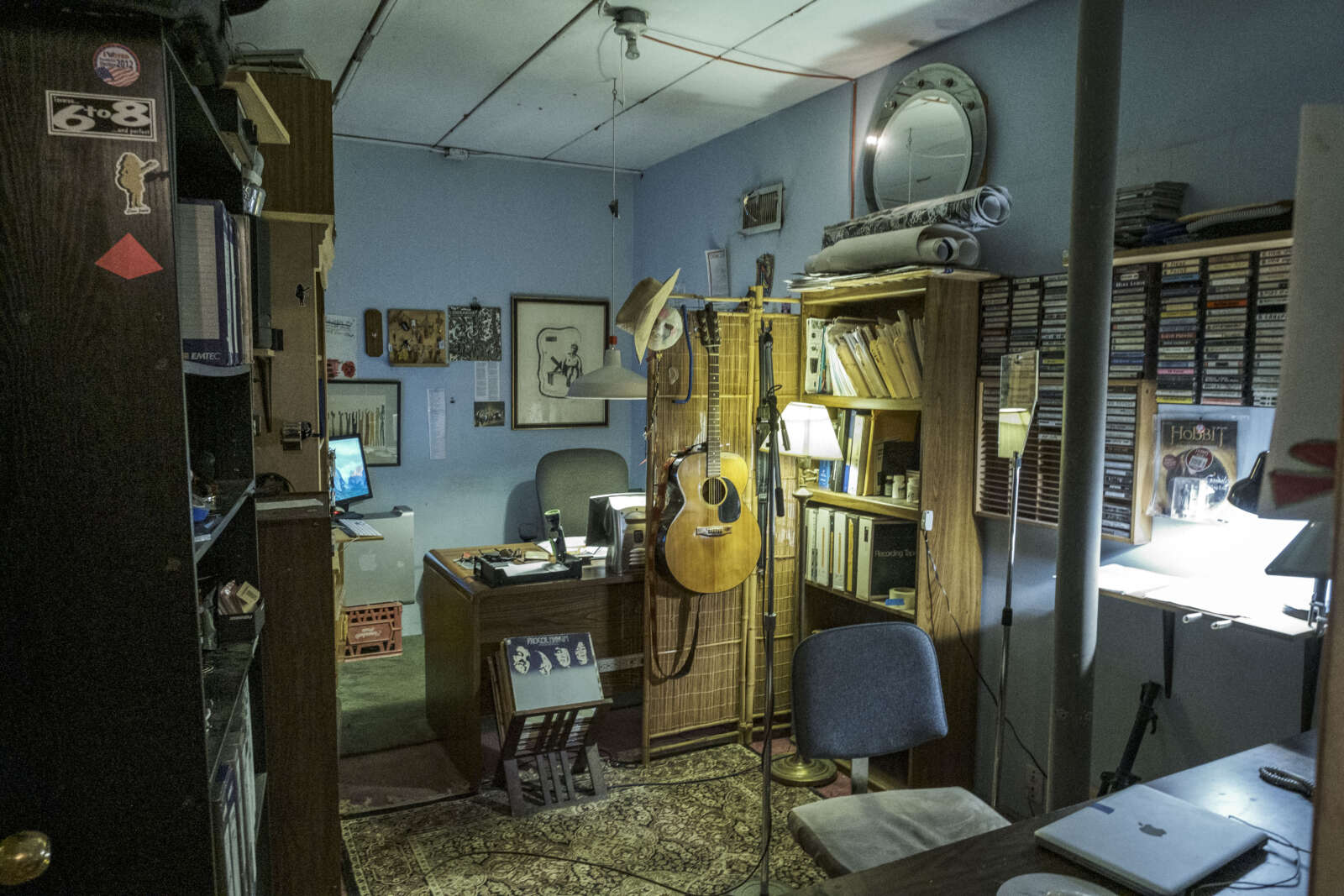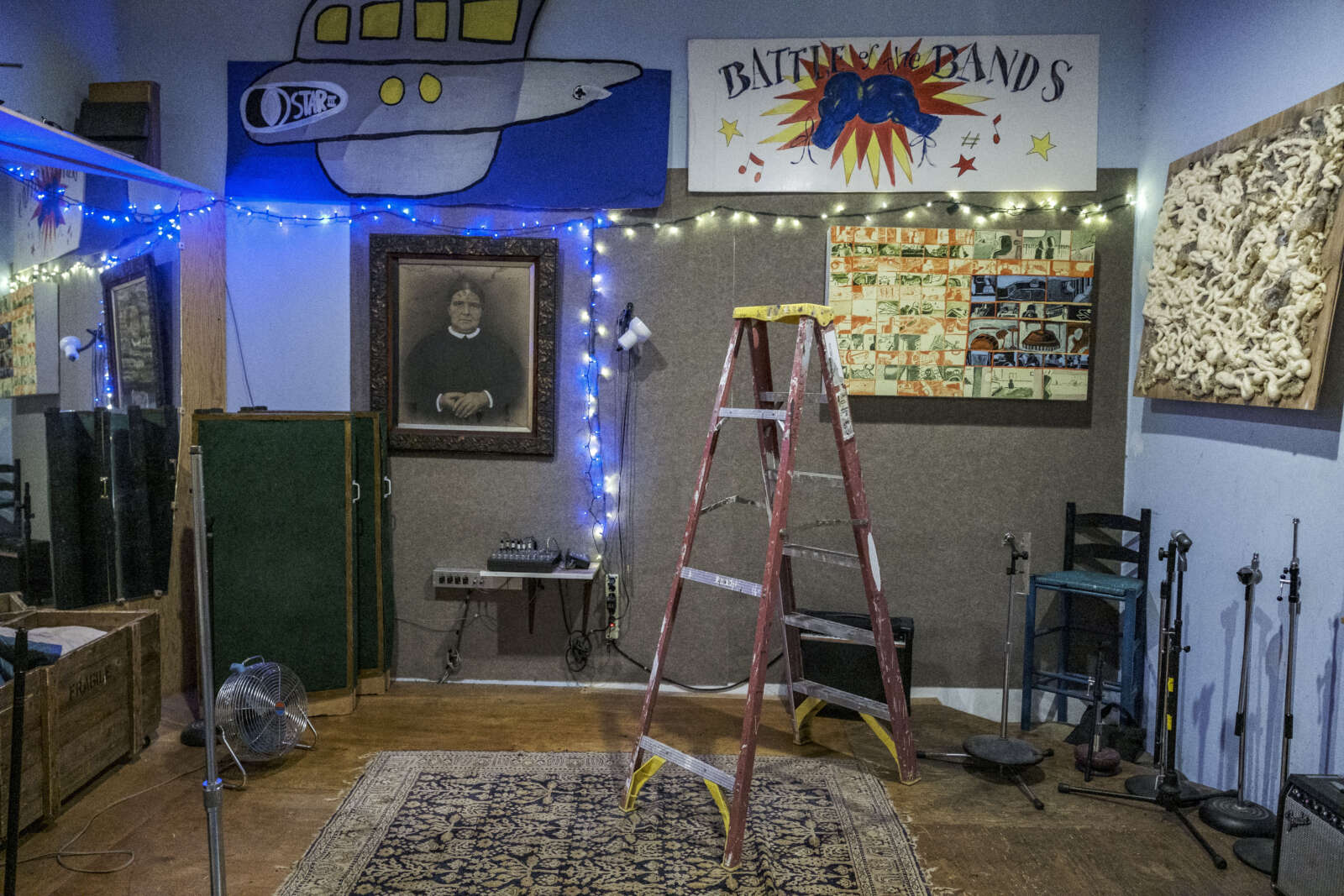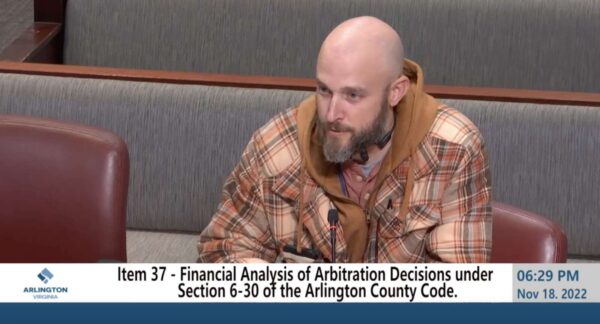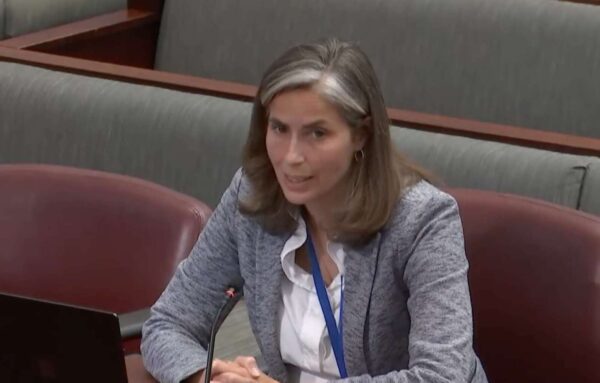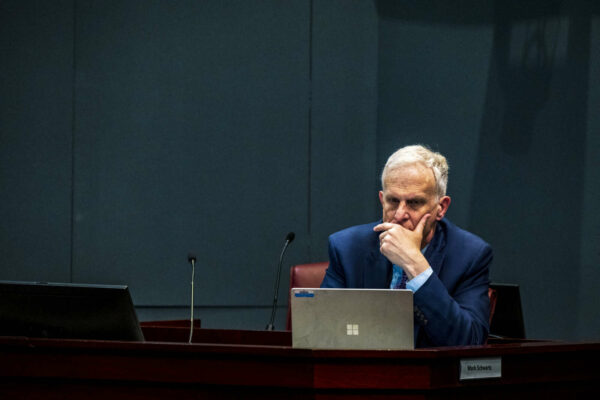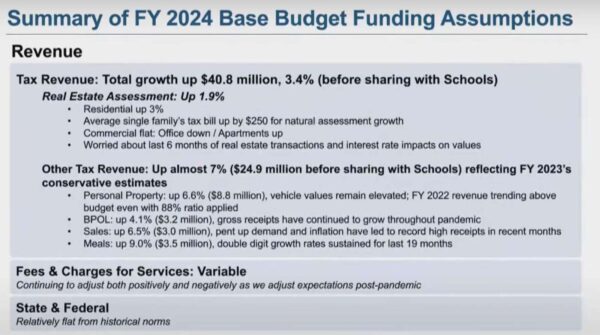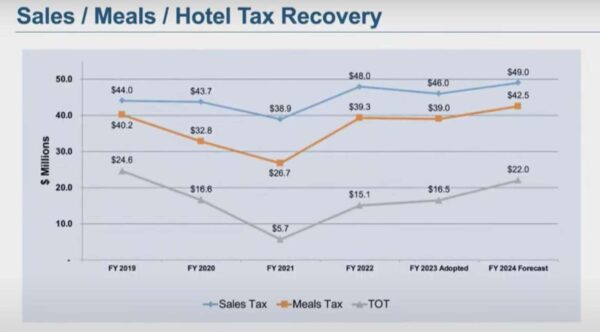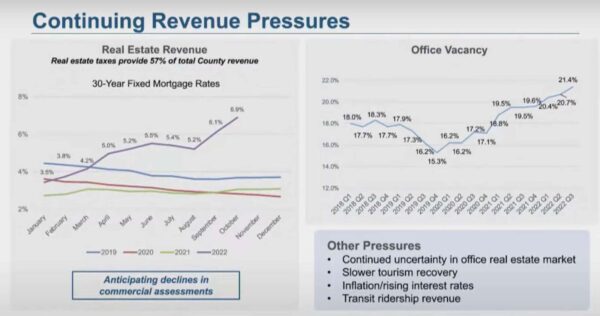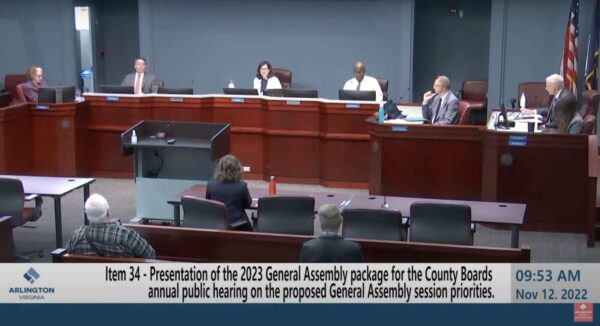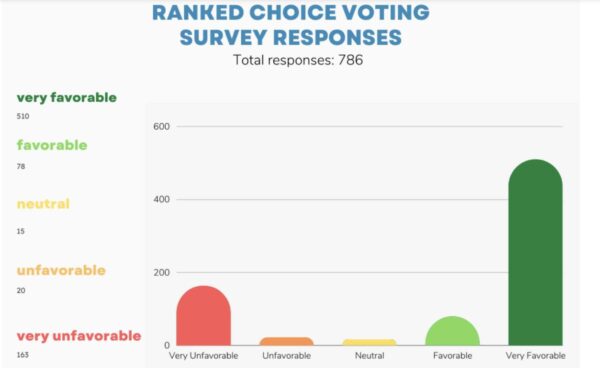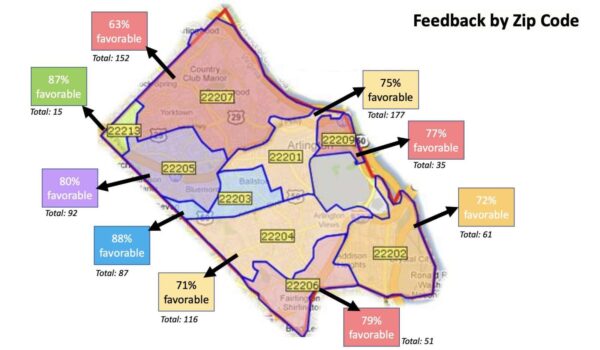
The Arlington County Board will be considering whether to allow alcohol sales during special events at Long Bridge Park and Penrose Square next month.
On Saturday, the Board approved public hearings on the change at these two public parks located, respectively, near Crystal City and along Columbia Pike.
“These sites were selected for this expansion because both are designed as event venues, which is referenced in their master plans, and both already host a variety of successful special events,” per a county report. “Additionally, it is anticipated that Penrose Square will be expanded in the near future, which will enhance its ability to host special events.”
The proposal has support from a majority of people who responded to a county survey this fall, although many respondents articulated public safety concerns.
“Many supported this change, and some felt the County should explore further expansion of the sale and consumption of alcohol and other concessions in County parks than what is currently proposed,” the report said. “Commenters opposed to the change cited concerns regarding the increased noise, potential damage to park property, unruly behavior, and a negative impact to the public’s safety and ability to enjoy parks.”
The county says much of the negative feedback had to do with issues that the process for hosting a special event is designed to mitigate.
If approved, alcohol will be limited to sales at special events only during designated dates and times. Special events already require a permit, and organizers would need a separate ABC permit that provides “a controlled and delineated area for the sale and consumption of alcohol.”
Some wanted to see alcohol sales in more parks, such as Virginia Highlands Park and Lubber Run Park, provided that the rules were properly enforced. Others wanted more non-alcoholic options at events where alcohol is allowed.
Alcohol sales during approved special events are allowed at Fort C. F. Smith Park in the Woodmont neighborhood, Clarendon Central Park and Gateway Park in Rosslyn.
The Board is expected to vote on adopting the changes during its meeting on Saturday, Jan. 21.


